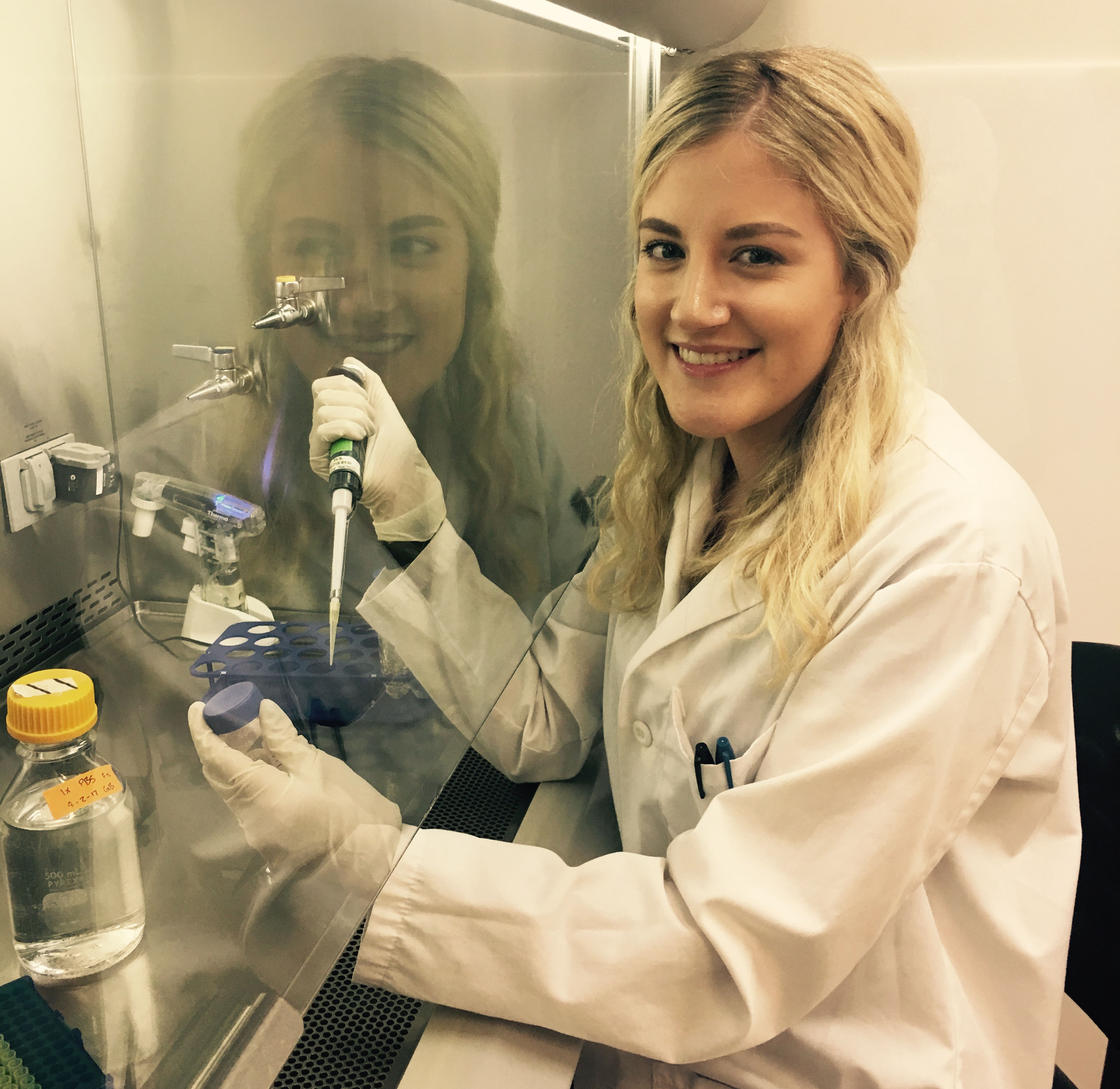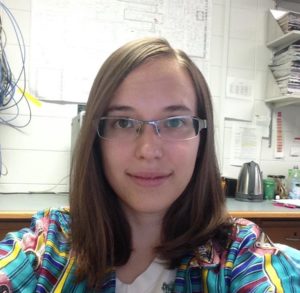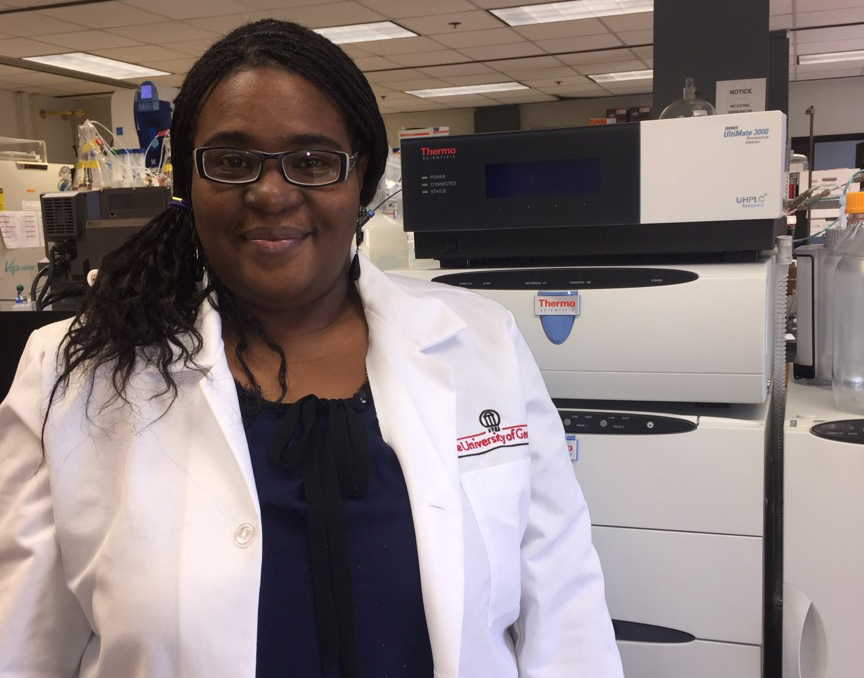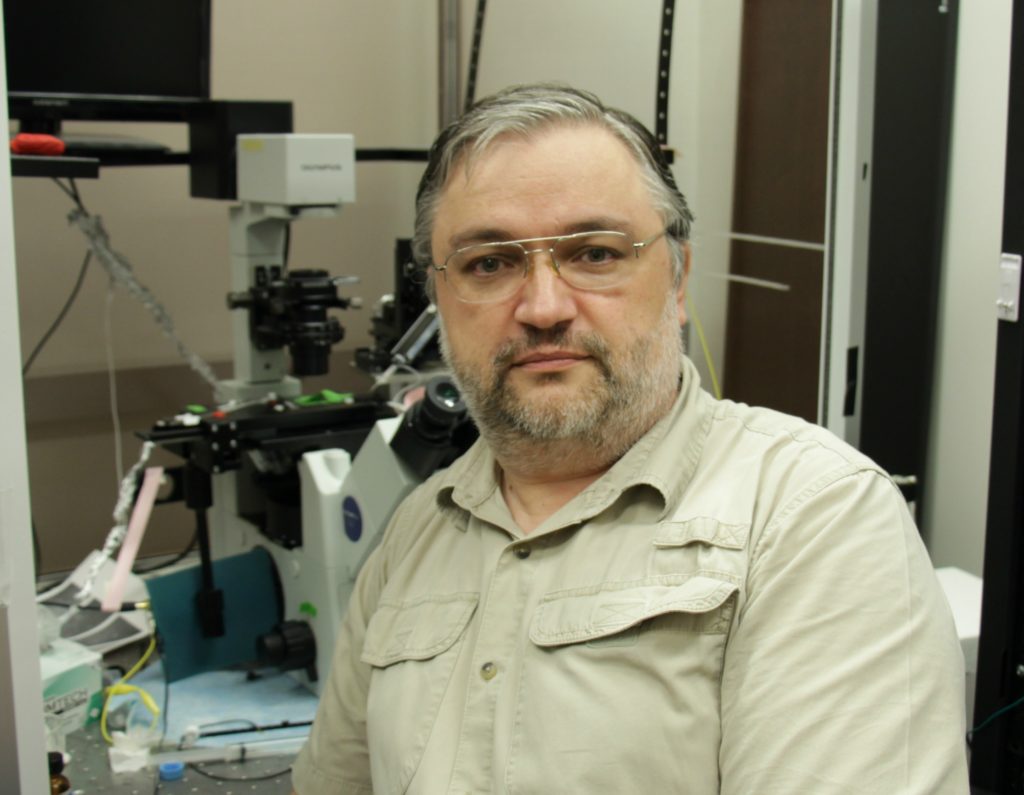Trainee Spotlight: Molly Bunkofse

NIH T32 trainee Molly Bunkofse, a Ph.D. student in Rick Tarleton‘s laboratory, is originally from Illinois and I obtained my BA in Biology from a small, liberal arts college called Augustana, which is located in Rock Island, IL.
Molly’s research focus
Molly’s project focuses on the host CD8+ T cell response that is generated against flagellar proteins from the parasite Trypanosoma cruzi and exploring how these responses might be enhanced.
“I chose this research focus because I have always been interested in the host immune response to pathogens and especially pathogens that are able to escape the immune response and persist, such is the case in T. cruzi infection.”
Trainee capstone experience
Each T32 trainee is provided with the opportunity to complete a capstone experience at the end of their fellowship. This experience allows for an extended visit to a collaborator’s laboratory or travel to a scientific meeting where they present their research and interact with colleagues.
“For my capstone experience, I’d like to work in South America where Chagas disease is endemic, perhaps with one of our collaborators that works with human patients infected with T. cruzi.”
T32 fellowship helps trainees achieve their goals
“I think that the T32 fellowship will provide me with new opportunities to develop my research and skills as a scientist. The experiences and training will enable me to become a well-rounded scientist that can think critically and logically approach a question/problem.”
Molly hopes to continue her research in a government laboratory after graduation.




